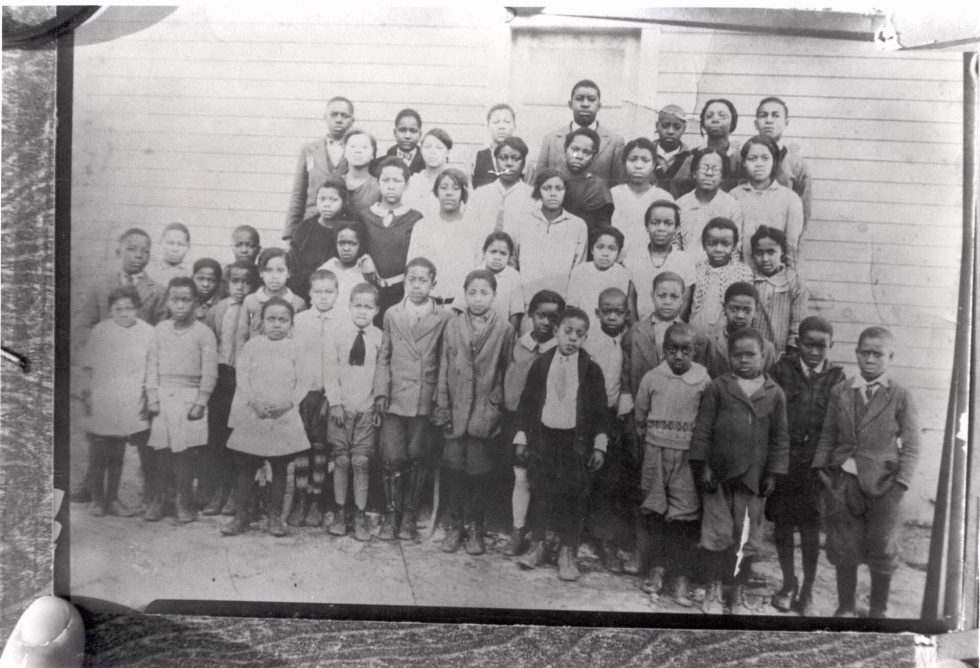The Effects of Brown vs. The Board of Education in Montgomery County
The Need for Education
Since the era of slavery, African Americans understood the need for literacy and education as a key part of advancement. Illiteracy was used as a way to disenfranchise black voters. Education would lead to a better quality of life, and the struggle to obtain it made it prized all the higher. Many Montgomery County teachers and students recall the emphasis put on schooling by their parents, and much was sacrificed to meet that goal.
White attitudes toward black education varied by region, religion, and time period. Quakers believe in equal education for everyone, and the free black community in Sandy Spring benefitted from their efforts. Many white benefactors (including the respected Brookings Institute, in the 1940s) took a paternalistic view, and encouraged a vocational, as opposed to academic, curriculum, assuming that such jobs were the highest African Americans could aspire to. In general, however, the prevailing attitude was one of a mixture of contempt for blacks’ intellectual abilities, and fear that a real education would disrupt the status quo.

Clarksburg School students and teachers, c. 1932. Courtesy the Montgomery County Historic Preservation Commission, the Ethel Foreman Collection. The teacher, Inez Hallman, is second from right in the back row.
